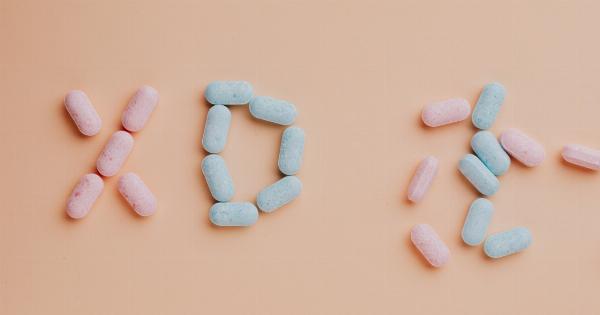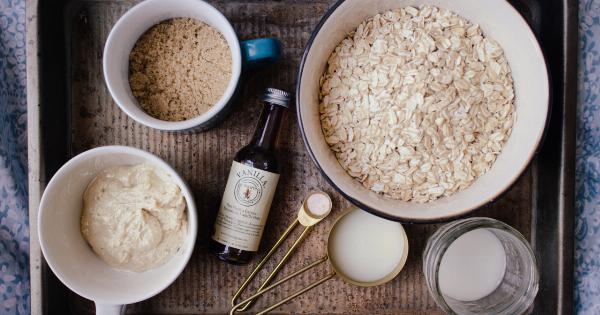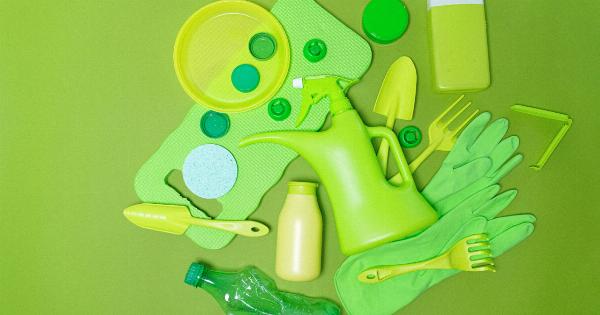Sugar, often considered a sweet pleasure, may actually have a bitter impact on our sexual desire and performance.
As our diets continue to shift towards high-sugar and highly processed foods, it is becoming increasingly important to examine the effects of sugar on our overall health – including its impact on our libido. In this article, we will explore the relationship between sugar consumption and decreased libido, shedding light on an often ignored but significant aspect of our well-being.
Understanding Libido and its Importance
Libido, commonly known as sexual desire or sex drive, plays a crucial role in our overall sexual satisfaction and well-being. It is a complex interplay of biological, psychological, and social factors that contribute to our desire for sexual activity.
A healthy libido is essential for a fulfilling sex life. It helps foster intimacy, maintain healthy relationships, and is often an indicator of overall physical and mental well-being.
However, numerous factors, including lifestyle choices and dietary habits, can influence our libido – and sugar is one of them.
The Sugar Maze: Unveiling the Effects on Libido
Sugar, in its many forms, has infiltrated our modern diets through various processed foods, beverages, and desserts.
While it brings momentary pleasure to our taste buds, excessive sugar consumption can have detrimental effects on our bodies and minds, including our sexual vitality.
Sugar and Hormonal Imbalance
One significant way sugar impacts libido is through hormonal imbalance. Consuming excessive sugar and refined carbohydrates leads to rapid spikes in blood sugar levels followed by crashes.
These fluctuations can disrupt the delicate hormonal balance in our bodies, including those responsible for sexual desire.
Insulin, a hormone crucial for regulating blood sugar levels, serves as a key player in this hormonal imbalance. When we consume sugar, insulin is released to help metabolize it.
However, repeated sugar intake can cause insulin resistance, leading to chronic inflammation and hormonal irregularities, ultimately affecting our libido.
Sugar’s Impact on Energy Levels
Another crucial aspect affected by sugar consumption is our energy levels. While sugar may provide a temporary energy boost due to its quick absorption, it also leads to energy crashes and chronic fatigue.
These energy fluctuations can significantly dampen our sexual desire and performance.
When we consume large amounts of sugar, our bodies release high levels of insulin to regulate blood sugar.
This surge in insulin triggers a quick drop in blood sugar levels, leaving us feeling lethargic, tired, and often with a decreased interest in sexual activities.
Inflammation’s Role in Diminished Libido
Excessive sugar consumption can also contribute to chronic inflammation – a process linked to a variety of health issues, including reduced libido.
Inflammation disrupts normal bodily functions and hampers the optimal functioning of key systems involved in sexual desire and response.
Various studies have shown that a diet high in sugar and processed foods increases systemic inflammation, impacting blood flow, hormone production, and overall cellular health.
These factors can negatively affect sexual function and desire, leading to decreased libido.
Sugar’s Influence on Psychological Well-being
While the physiological impacts of sugar on libido are significant, the psychological effects should not be neglected.
Sugar consumption has been linked to mood swings, increased anxiety, and depression – all of which can have a profound impact on sexual desire and overall sexual satisfaction.
Many individuals turn to sugary treats to combat stress or emotional distress, known as emotional eating. However, these sugar-fueled attempts provide only temporary relief and can contribute to a cycle of negative emotions and decreased libido.
A chronically altered psychological state can diminish our interest in sexual activities and hinder our ability to experience pleasure.
Breaking Free: Steps to Decrease Sugar Intake
Reducing sugar consumption is a necessary step in maintaining a healthy libido and overall well-being. Here are a few actionable steps to help break free from the sugar trap:.
1. Become Mindful of Sugar Content
Start reading labels and become aware of the hidden sources of sugar in your diet. Remember, sugar can be disguised under various names, such as high-fructose corn syrup, sucrose, glucose, and more.
By understanding the sources of hidden sugars, you can make informed choices about what you consume.
2. Opt for Natural Alternatives
Swap processed sugary foods with natural alternatives. Fresh fruits, for example, can satiate your sweet tooth while providing essential nutrients. Additionally, opt for whole foods and minimize processed items that are often loaded with added sugars.
3. Gradually Reduce Sugar Consumption
Abruptly eliminating sugars from your diet can feel overwhelming and may lead to cravings or relapses. Instead, gradually reduce sugar intake by cutting back on sugary snacks and drinks and replacing them with healthier options.
4. Prioritize Balanced Meals and Hydration
Aim for balanced meals that incorporate a variety of nutrient-dense foods. Include lean proteins, whole grains, and ample fruits and vegetables to support overall well-being.
Staying well-hydrated is also crucial, as dehydration can amplify sugar cravings.
5. Seek Support
If you struggle with reducing your sugar intake, consider seeking support from a healthcare professional or a registered dietitian. They can help create a personalized plan tailored to your needs and guide you through the process.
Conclusion: Sweet Liberation
Understanding and acknowledging the link between excessive sugar consumption and decreased libido is the first step towards taking control of our sexual well-being.
By reducing our sugar intake and adopting a healthier lifestyle, we can experience liberation from the negative impacts of sugar on our libido. Prioritizing whole foods and mindful choices will not only benefit our sexual vitality but also contribute to overall physical and mental well-being.





























